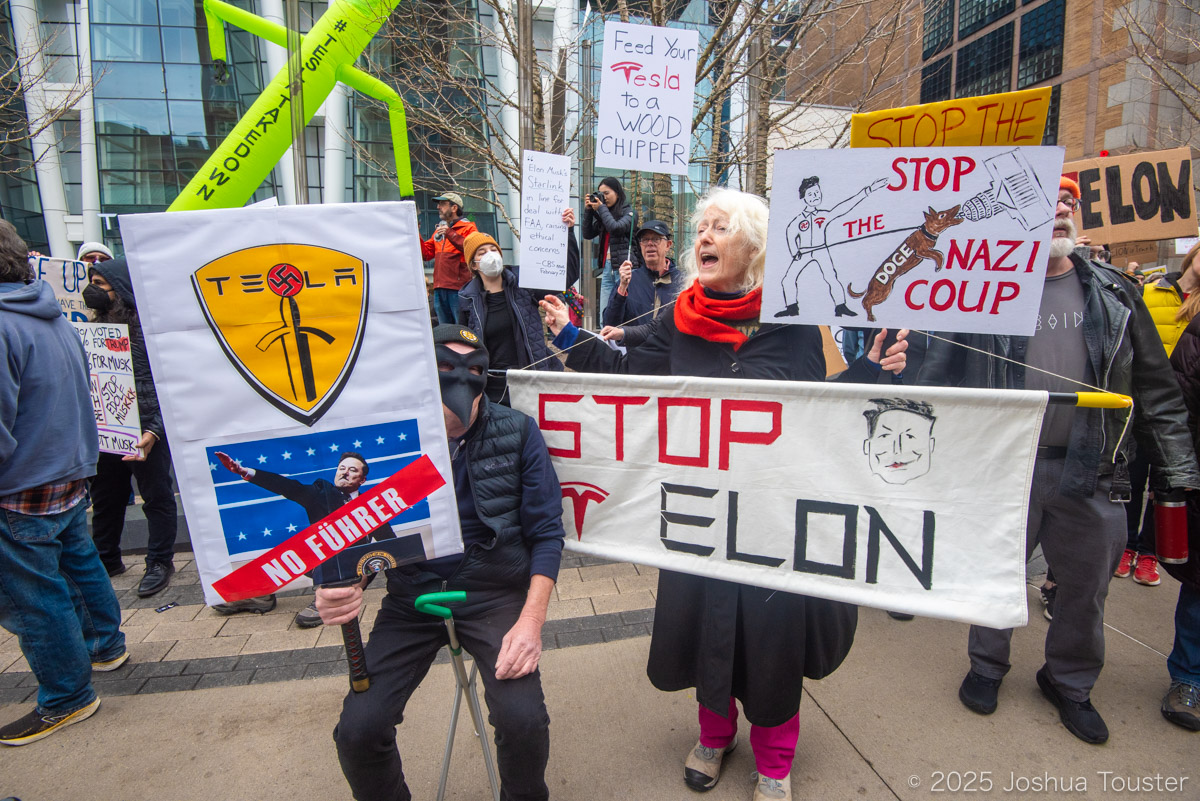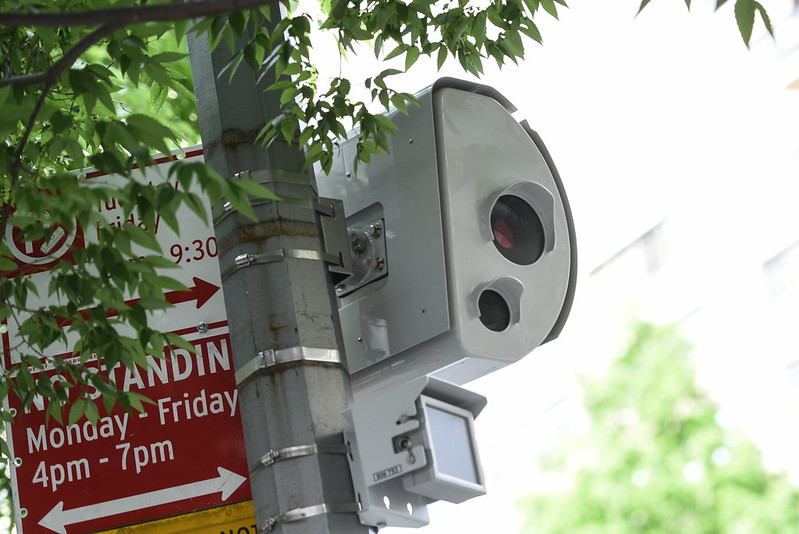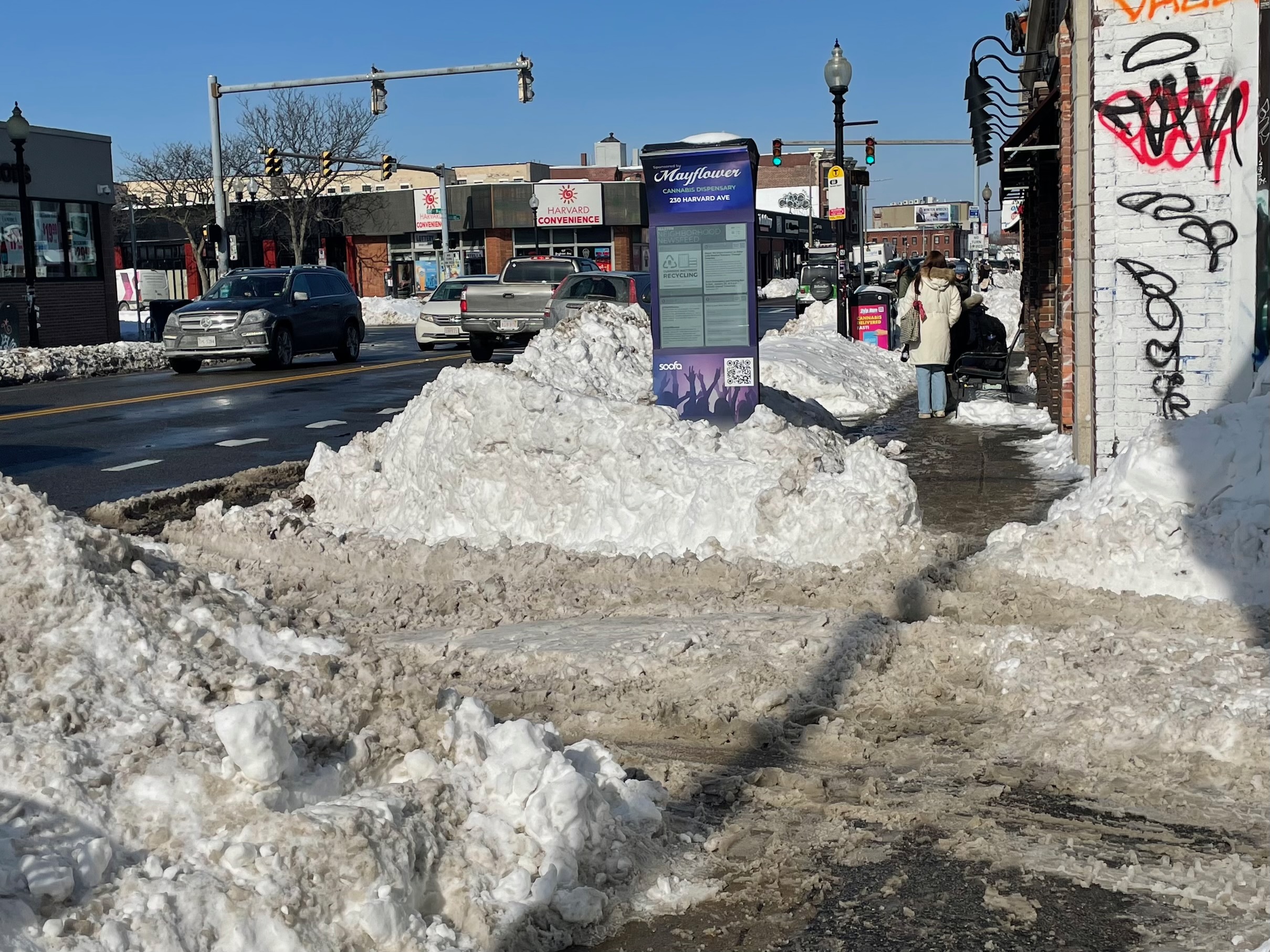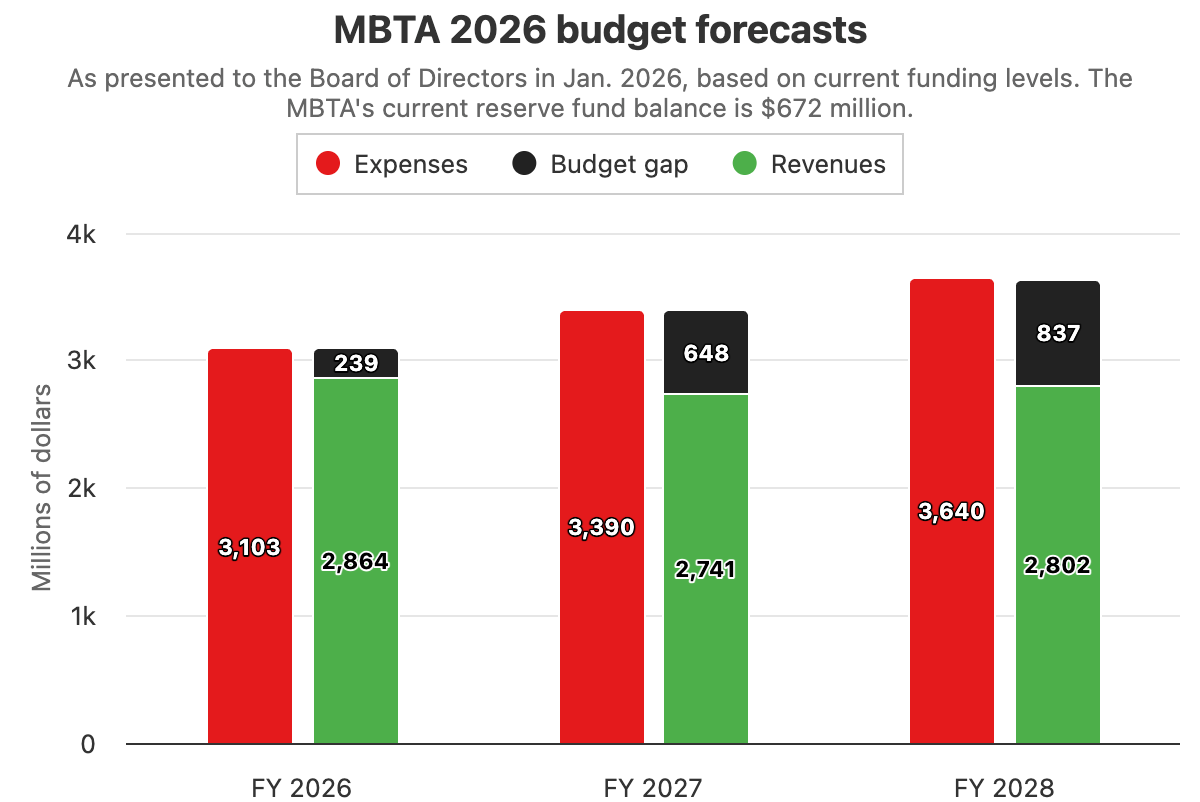Electric car sales in Massachusetts declined nearly 8 percent in the first four months of 2025 compared with the same period of 2024, driven by a massive 29 percent decline in sales at Tesla dealerships, according to state EV sales data.
The slowdown in electric car sales makes it extremely unlikely that the state will meet a key short-term target for reducing highway pollution under the state's climate laws.
In the first four months of 2025, the Commonwealth's MOR-EV rebate program, which subsidizes new electric vehicle (EV) sales, processed 353 fewer applications than it did during the same period of 2024.
The slowdown in EV sales can be traced to one company.
Tesla, Inc., which has historically been the biggest seller of electric cars in Massachusetts, has seen its sales and market share plunge over the past few months as the company's CEO and biggest shareholder, Elon Musk, installed himself inside the Trump administration and began leveraging his social media platform, X.com, to amplify right-wing conspiracy theories.

Comparing the first four months of 2025 (which were also the first four months of the Trump administration) to the first four months of 2024, MOR-EV rebate applications for new Teslas plunged by 29 percent.
Rebate applications for other, non-Tesla models increased during the same period by 47 percent, but that growth wasn't enough to compensate for Tesla's decline.
Too many eggs in one basketcase
The tailpipes on the Commonwealth's highways are the biggest source of greenhouse gas pollution in Massachusetts, and the Commonwealth's climate laws require steady reductions in that pollution in the years to come.
But in defiance of those laws, highway pollution in Massachusetts has actually increased for four consecutive years since the Covid-19 pandemic.
Under the Baker administration, the state adopted a Clean Energy and Climate Plan that leaned heavily on convincing Massachusetts drivers to buy 200,000 EVs by 2025.
Even before Elon Musk landed in Washington, it looked unlikely that the state would meet that target.
But Tesla's sales slowdown has put the state's goal even further out of reach.
As of April, there were only 93,517 true "zero-emission" passenger cars registered in Massachusetts, according to state vehicle registration data.
Adding plug-in hybrid vehicles to the tally (that is to say, cars that can run on either electricity or gasoline) bumps the number up to 145,273 vehicles.
But EVs are only one tool at the state's disposal for cutting roadway pollution.
The Commonwealth could also reduce car use by expanding public transit service, building more housing in walkable neighborhoods, and enacting policies like congestion pricing, which has cut traffic in lower Manhattan by 11 percent since its implementation in January.
But embracing those strategies in a way that would put the state back on track towards meeting its climate goals will require a significant shift in the administration's priorities.
Plans to expand public transportation hinge on major capital improvements, like new bus garages and electric trains, that have been postponed for years for lack of state funding.
And earlier this spring, the Governor shot down a local official's proposal to introduce tolls on the Cape Cod bridges – an idea that could have helped reduce traffic while also generating revenues for regional infrastructure improvements.
StreetsblogMASS has reached out to the Governor's climate office and the Executive Office of Energy and Environmental Affairs to ask whether the administration would more actively pursue alternatives like these in light of declining electric vehicle sales and the state's likely failure to meet its short-term climate goals.
At the time of publication Wednesday morning, they had not responded to our inquiry, but we will update this story if we hear back from them.






